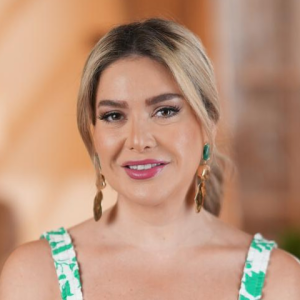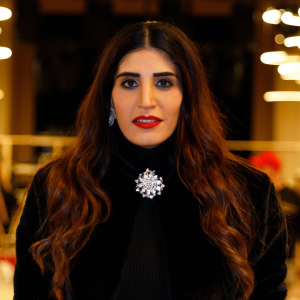In the United Arab Emirates, Ramadan isn’t just a sacred month of fasting—it’s a deeply immersive cultural experience. As the crescent moon signals the start of this holy month, the entire nation shifts into a slower, more reflective rhythm. Streets glow with lanterns, families gather before dawn and after sunset, and communities come together in acts of kindness and charity.
Ramadan in the UAE beautifully blends Islamic devotion with Emirati tradition, creating a soulful environment of generosity, gratitude, and community connection. Whether you’re a resident, a visitor, or simply curious about how this month is observed in the Emirates, this guide walks you through the rich tapestry of customs, celebrations, and meanings that make Ramadan in the UAE so unique.
The Sacred Rhythm: Suhoor and Iftar
Every day of Ramadan is anchored by *two spiritual mealtimes: *Suhoor (pre-dawn meal) and Iftar (sunset meal to break the fast). While Suhoor tends to be a quieter, family affair filled with nourishing foods to carry through the day, Iftar is a celebration of both physical and spiritual fulfillment.

In the UAE, dates and water are traditionally the first items consumed to break the fast, echoing the Prophet Muhammad’s Sunnah. What follows is a feast often featuring dishes like *harees, thareed, machboos, and *laban—passed down through generations and infused with the aromas of Emirati spices.
Many mosques, restaurants, and charitable organizations set up Iftar tents, offering free meals to workers, travelers, and anyone in need. It’s a gesture that highlights the heart of Ramadan: community and compassion.

The Power of Giving: Zakat and Community Outreach
Charity—or Zakat—is one of the Five Pillars of Islam and takes on heightened significance during Ramadan. In the UAE, this tradition is practiced in diverse and beautiful ways:
- Government initiatives and private foundations distribute food baskets and essentials to underprivileged families.
- Children participate in “Hag Al Laila” (on the 15th of Sha’ban) by dressing in traditional clothes, singing songs, and collecting sweets—a celebration that teaches them about sharing and joy.
- Companies and schools encourage volunteer work, donation drives, and even daily acts of kindness.
From major corporate campaigns to handwritten notes tucked into Iftar meals, generosity becomes a way of life during this time.
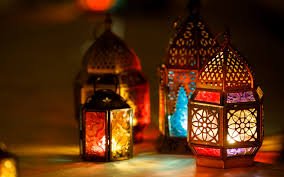
Cultural Sights and Sounds: Ramadan in Public Spaces
As the sun sets, the UAE transforms. Cities like Dubai, Abu Dhabi, and Sharjah become even more alive with the spirit of Ramadan. Streets are illuminated with *crescent moons and lantern motifs, malls extend their hours, and traditional music drifts from live performances in cultural neighborhoods like *Al Fahidi or Al Seef.
*Ramadan markets, often held in open-air spaces or heritage villages, offer handcrafted goods, oud perfume, traditional sweets, and clothes—perfect for preparing for *Eid Al-Fitr. These markets are also filled with majlis-style seating, where families and friends gather after Iftar, sipping Arabic coffee and sharing stories under the stars.
Spiritual Deepening: Night Prayers and Reflection
For many Muslims, Ramadan is a time to renew their *faith and focus. In the UAE, mosques overflow with worshippers, especially during *Taraweeh—the special nightly prayers performed after Isha.
The atmosphere is deeply peaceful. Families often attend together, and even non-Muslims feel a sense of reverence and respect during this time. In the final 10 nights of Ramadan, Qiyam-ul-Lail (late-night prayers) are held, and many seek the blessings of Laylat al-Qadr, the Night of Power.
This collective dedication brings communities closer, forming invisible bonds of faith and shared experience.
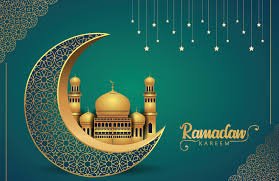
Ramadan at Work and School: Flexibility with Purpose
The UAE government has long recognized the importance of creating a balanced Ramadan experience, especially for working professionals and students.
- Reduced working hours are applied across public and private sectors, often with a shift in schedule to accommodate fasting hours.
- School timings are shortened, and lessons often integrate Ramadan-themed activities to help students understand the values of patience, gratitude, and empathy.
- Companies may host internal Iftar gatherings, enhancing team bonding and cultural respect.
Even in the workplace, Ramadan is a reminder to pause, reflect, and connect.
The Joyous Close: Preparing for Eid Al-Fitr
As the month draws to a close, there’s a beautiful mix of *reflection and anticipation. Homes are cleaned and decorated, new clothes are purchased, and families prepare traditional sweets like *khabeesa and luqaimat.
The first day of Eid is marked by a special morning prayer, followed by celebrations, gift exchanges, and visits to loved ones. In the UAE, it’s also common to give “Eidiya”—money or gifts handed to children in envelopes, symbolizing love and blessing.
For many, it’s a celebration of endurance, faith, and unity after a month of mindful living.
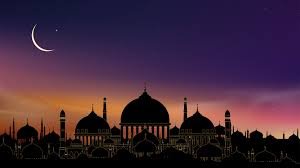
Ramadan Etiquette for Non-Muslims in the UAE
Living or visiting the UAE during Ramadan offers a special cultural opportunity. While the country is inclusive and welcoming, being mindful of the following enhances mutual respect:
- Avoid eating, drinking, or smoking in public before sunset (many restaurants have designated areas or remain closed during the day).
- Dress modestly, especially in public and cultural spaces.
- Greet others with “Ramadan Kareem” (meaning “Generous Ramadan”)—a warm and appreciated gesture.
- Join an Iftar if invited—it’s one of the best ways to experience Emirati hospitality and community.
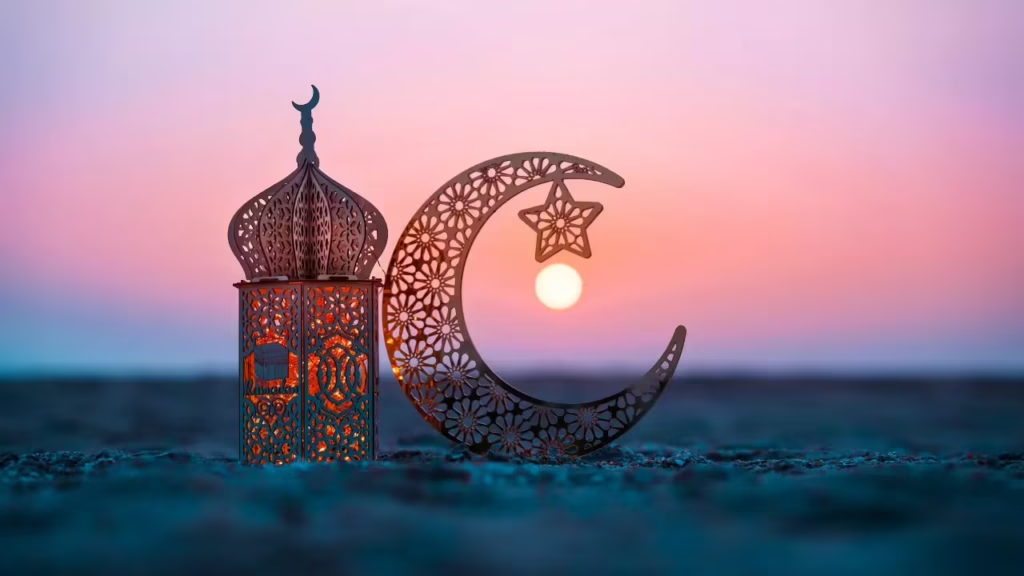
Final Thoughts: A Month of Meaning and Togetherness
Ramadan in the UAE is more than a tradition—it’s a living reflection of the nation’s values: tolerance, generosity, faith, and unity. It’s in the quiet moments of prayer, the laughter shared over Suhoor, the open hands offering food, and the shared sunsets that bring hearts closer together.
Whether you’re fasting or simply observing, Ramadan in the Emirates invites everyone to slow down, look inward, and reconnect—with purpose, with people, and with the beauty of simplicity.
Curious to explore Ramadan experiences like cultural iftars, mosque tours, or traditional workshops next season? Let me know your interests, and I can help you plan something unforgettable.
Follow us on Instagram: UAE STORIES




